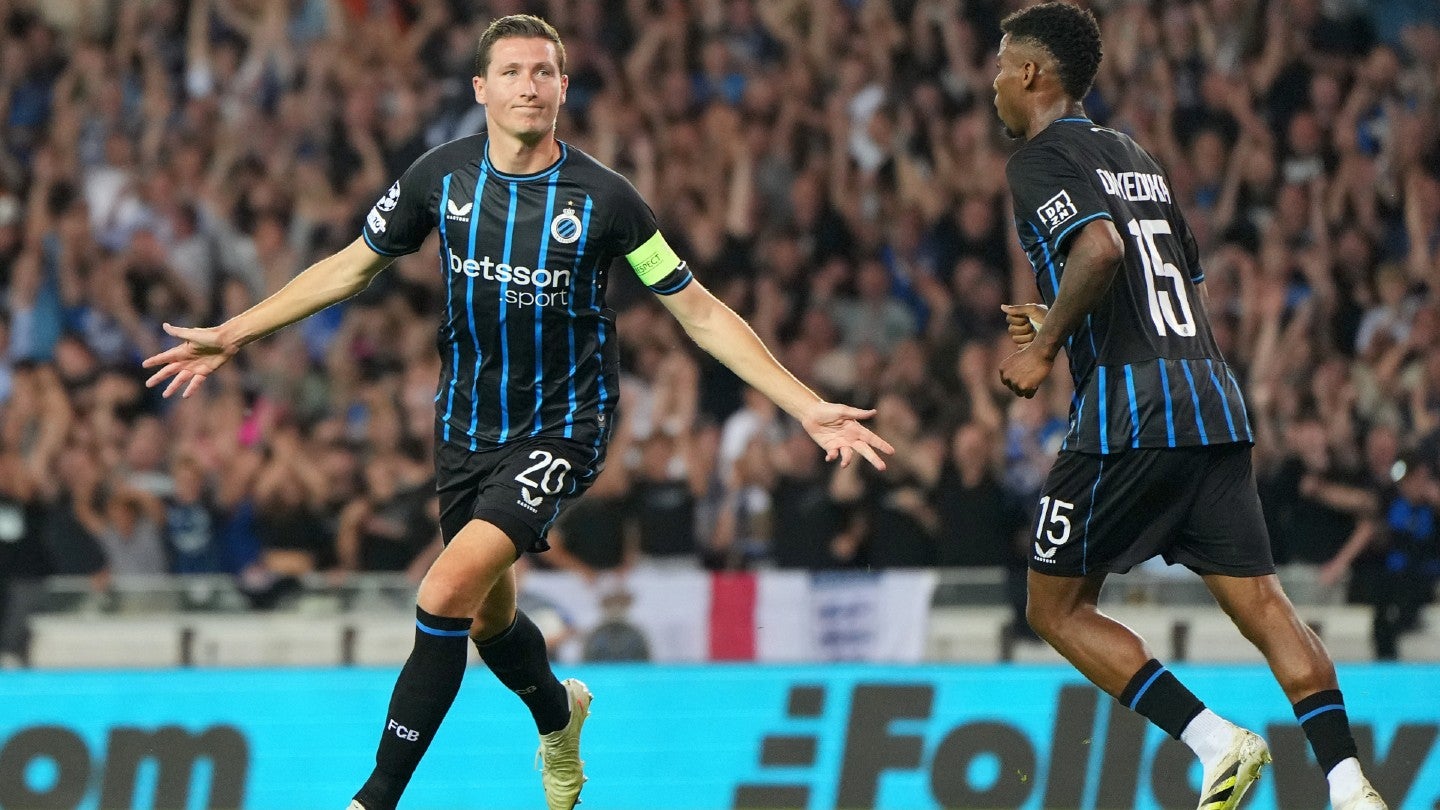
As sport becomes more globalized, internationalization is the norm for the world’s biggest sports properties. With revenue maximization as the goal, new markets with prospective fans to attract, and new sponsorships to accrue, more than ever, we are seeing properties engage with international stakeholders.
The world of soccer is no different, with not just leagues but individual clubs stepping beyond their domestic markets and into the international arena for themselves, not just through agreeing deals but also the crucial signing of international players from various markets.

Discover B2B Marketing That Performs
Combine business intelligence and editorial excellence to reach engaged professionals across 36 leading media platforms.
To facilitate this, more than ever, clubs are turning to partnerships with foreign exchange and international payments specialists to facilitate such deals and glean the best value from their global business. Major international sides such as Real Madrid and Manchester City, high flyers in the UEFA Champions League (UCL) elite continental competition, among others, have all tapped new FX partners in the past year, a growing trend in the European soccer landscape.
Two such clubs are Club Brugge and Wolverhampton Wanderers. The former, 19-time champions of Belgium’s top-flight Pro League and regulars in the UCL, the latter, competing in their eighth-straight English Premier League season (the club’s longest unbroken top-flight streak since the 1967-76 period), and are rapidly growing internationally with projects such as a high-profile esports team active in both the UK and China.
Both clubs have one commonality: they are both partnered with cross-border payments firm Neo. Neo sponsors Wolves on a season-by-season basis that began in 2024, while Brugge’s five-year partnership with the brand was established in August. Both clubs have shown the need for such deals lately.
Brugge’s continued UCL commitments and the necessities of squad building mean the club have trawled through several different markets to make transfers (in the last two seasons, the club have acquired players from seven different markets spanning five different currencies). Wolves, meanwhile, have stated that their global audience grew to 156 million during the 2024-25 season, likely aided by the presence of Korea national team star Hwang Hee-Chan in the squad, bolstered by partnerships in the Korean market.

US Tariffs are shifting - will you react or anticipate?
Don’t let policy changes catch you off guard. Stay proactive with real-time data and expert analysis.
By GlobalDataNow, speaking to GlobalData Sport (Sportcal), Neo chief executive and co-founder Laurent Descout discusses exactly why teams are looking to FX sponsorships to facilitate global business, and conversely, why these firms see soccer as a way to grow their international client portfolios.
Why is soccer a good sponsorship vehicle for FX firms?
Descout: “From a business perspective, soccer or football clubs reflect many of the same challenges which global businesses face every day:
- “Global supply chains – Most Premier League clubs now source talent and resources worldwide, whether in Europe (EUR) or Latin America (USD). Currency exchange touches almost every transaction.
- “Complex transfer structures – Player transfers are often spread over long periods, with payments continuing even after a player has been sold. Creditors change, compliance is critical, and precision in timing is vital.
“Historically, clubs operated like local businesses, but now they must navigate a complex international financial landscape. This mirrors the journey of [small and medium-sized enterprises] and mid-sized corporates as they expand abroad or start global sourcing. Our message is simple: if we can help your favorite club manage large, complex payments, we can help your business through the same transformation.”
Is the practical application of FX solutions at the clubs almost as important as the branding presence element of the partnership in promoting your business?
“For us, this is the driver. We only enter partnerships where we can deliver tangible value to the club. Ideally, we want the club’s treasurer to be able to say, ‘Neo helped us streamline our cross-border payments.’ Just putting our logo on a jersey is never the objective.”
What do partner clubs gain from FX deals, and conversely, what do FX firms gain from the sponsorships?
“Clubs gain peace of mind knowing we handle complex payment processes. We often step in to correct unclear payment instructions that could otherwise cause delays or penalties on transfer deadlines. As with all our clients, clubs benefit from having a specialist on board, freeing their treasury team to focus on the many other tasks they manage daily.”
Do the different market dynamics between the UK and Belgium, for example, require different things from your respective sponsorship deals in those regions?
“Yes. The UK is an especially intensive market for currency management. Clubs operate in GBP but regularly source in EUR and USD. Elsewhere in Europe, clubs are also expanding their reach, sourcing players beyond the EU. Africa, for example, has become a major talent hub where clubs scout and even train local players, creating an increased demand for sophisticated currency solutions.”
Looking ahead, as foreign transactions become increasingly important, do you expect more prominent soccer clubs to seek out such partnerships?
“Each club is a different story, but yes. All professional clubs today are investing in international player scouting and development, which naturally increases their exposure to foreign transactions. As a result, they are all potential candidates for FX partnerships. These clubs may not always have the largest budgets, so any efficiencies we can deliver in managing operations free up more resources that they can reinvest in the pitch.”





